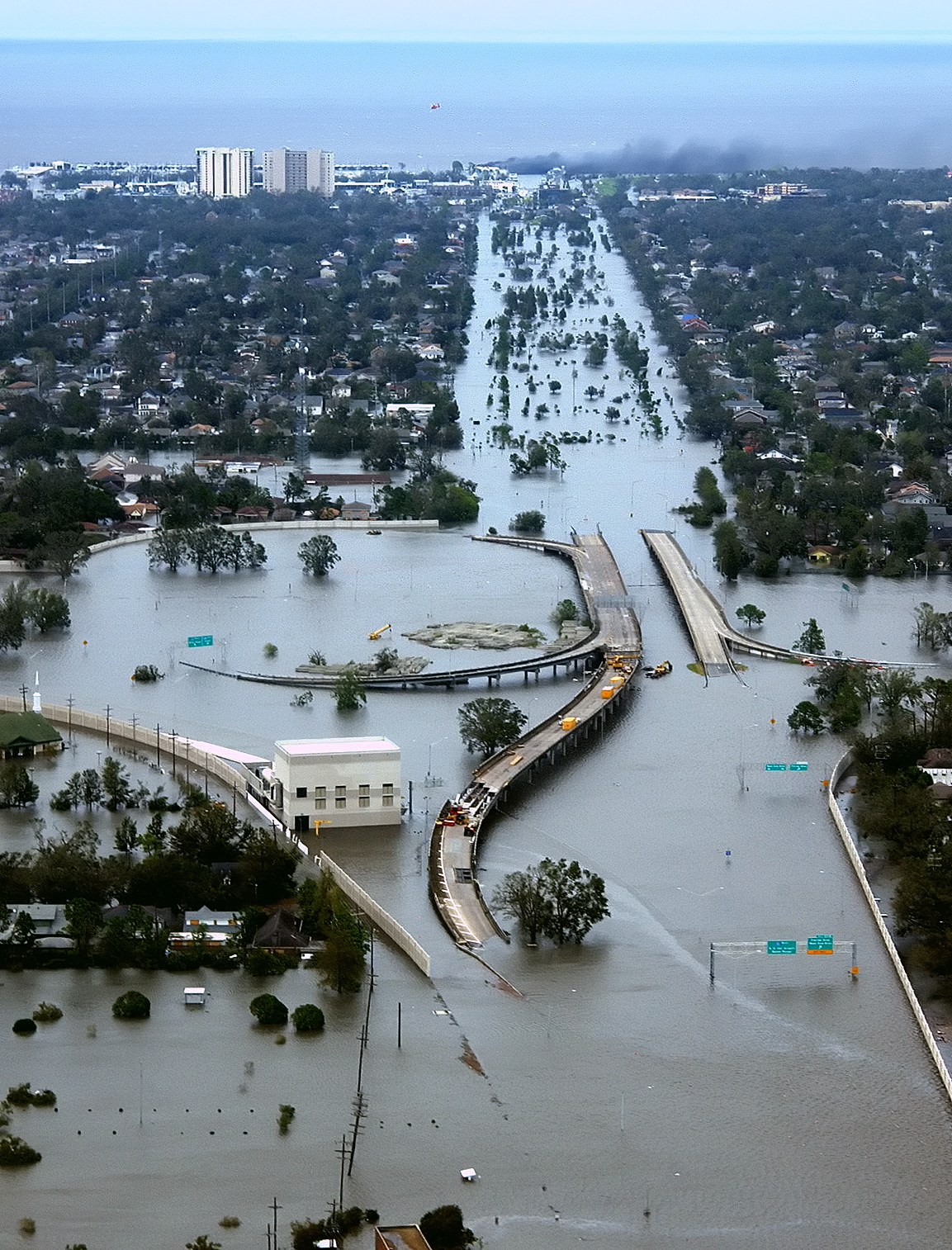
Much of southern Louisiana will be permanently under water by 2100.
***
When it comes to rooftop solar, a battle is brewing worldwide against utilities and users. "It's still less than one percent of energy capacity worldwide, but the surge in installations of rooftop solar panels is beginning to hit utilities and their business model of charging customers on the basis of consumption. Joined by traditional energy companies, they are lobbying governments to reverse decades of subsidies to green, renewable energy such as solar and, in some cases, to tax them. In Europe, Australia and in the United States, energy companies have powerful lobbies that argue that they form a cornerstone of the economy and provide jobs to tens of thousands. Governments are forced to pay heed and in some cases they have acted." Tracy Rucinski and Byron Kaye in Reuters.
Study suggests these utilities could face dire straits without policy changes.
"All these solar households are now buying less and less electricity, but the utilities still have to manage the costs of connecting them to the grid. Indeed, a new study from Lawrence Berkeley National Laboratory argues that, without policy changes, this trend could soon put utilities in dire financial straits. If rooftop solar were to grab 10 percent of the market over the next decade, utility earnings could decline as much as 41 percent. To avoid that fate, many utilities are now pushing for reforms that would at least slow the breakneck growth of rooftop solar — say, by scaling back those 'net metering' laws. And that's opened up a war with many fronts." Brad Plumer in Vox.
"All these solar households are now buying less and less electricity, but the utilities still have to manage the costs of connecting them to the grid. Indeed, a new study from Lawrence Berkeley National Laboratory argues that, without policy changes, this trend could soon put utilities in dire financial straits. If rooftop solar were to grab 10 percent of the market over the next decade, utility earnings could decline as much as 41 percent. To avoid that fate, many utilities are now pushing for reforms that would at least slow the breakneck growth of rooftop solar — say, by scaling back those 'net metering' laws. And that's opened up a war with many fronts." Brad Plumer in Vox.
Studies fault man-made global warming for much, but not all, of 2013's wildest weather events. "Scientists looking at 16 cases of wild weather around the world last year see the fingerprints of man-made global warming on more than half of them. Researchers found that climate change increased the odds of nine extremes....For years, scientists said they could not attribute single weather events — like a drought, heat wave or storm — to man-made global warming. But with better computer models and new research, in some cases scientists can see how the odds of events increase — or not — because of climate change. Other researchers question the usefulness and accuracy of focusing on single extreme events." Seth Borenstein in the Associated Press.
Timeline: A timeline of 2013 extreme weather and global warming. Brian Kahn in Climate Central.
No comments:
Post a Comment